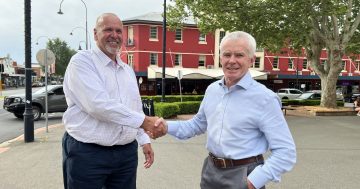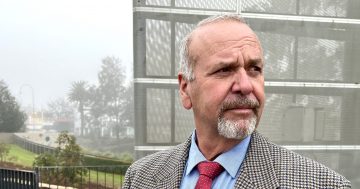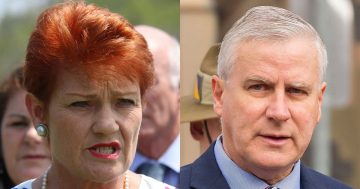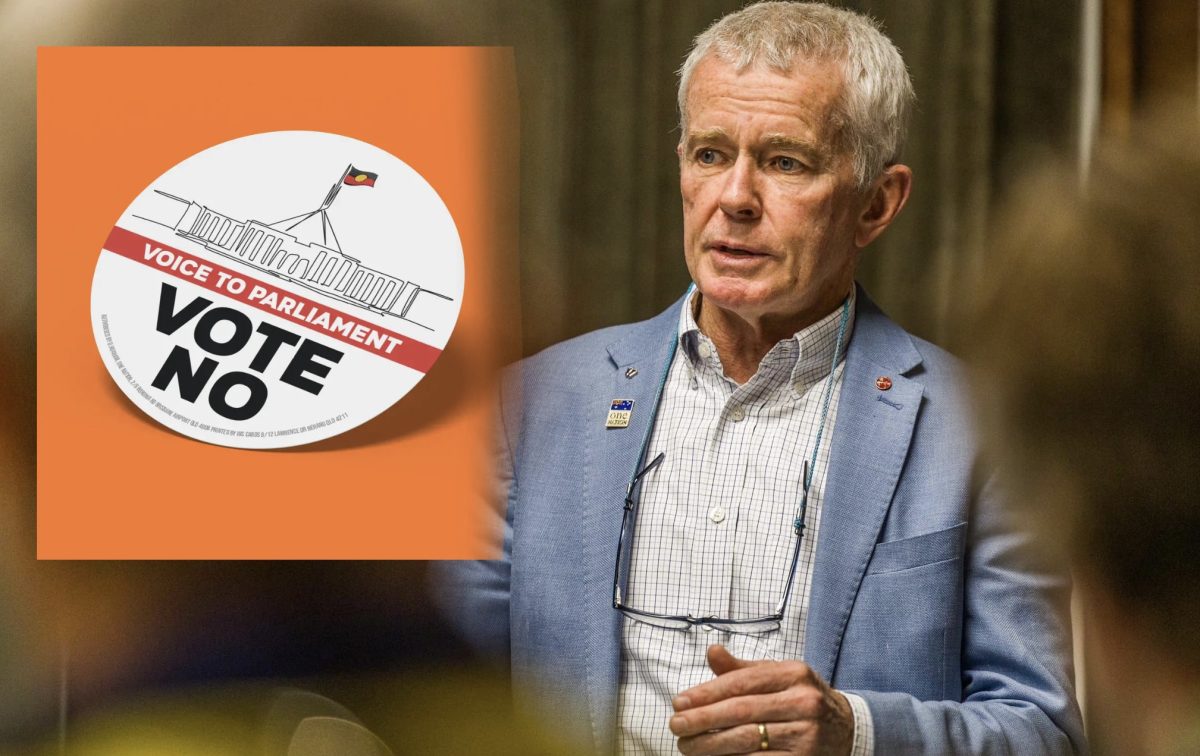
One Nation Senator Malcolm Roberts will make the ‘No’ case in Wagga. Photo: Supplied.
When it comes to the public ‘No’ campaign ahead of the upcoming referendum on the Indigenous Voice to Parliament, things have so far been pretty quiet in the Riverina.
A procession of prominent ‘Yes’ campaigners have staged events in Wagga, from Julian Leeser and Linda Burney to Pat Farmer and Michael Long, while those opposed to their messages have so far kept a low public profile.
Yet, despite the highly visible Yes campaign, support for the Voice continues to slip, as the “if you don’t know, vote no” message seems to have hit the mark with many undecided voters.
“People think it’s in the bag and it’s a done deal, but I wouldn’t be so sure,” warned local advocate Paul Funnell who is behind Wagga’s first No campaign event, scheduled for later this month.
“I sit quite fairly and squarely in the No position, like a lot of people, and we were talking about it and asking – ‘Where are we? What’s happening?’, so I thought the best thing to do is organise something.”
Queensland One Nation senator Malcolm Roberts will deliver the keynote address and Mr Funnell said he would be joined by an expert on constitutional law.
“I’m a great believer in democracy and that you need to have a proper debate on both sides,” he said.
“That wasn’t taking place because we were getting bombarded by a very well-funded Yes campaign.”
Mr Roberts has been an outspoken critic of the Voice, something that he has described as “pure racism” and likened to a system of apartheid.
“‘The Voice, if established, will become a huge new institution with vast powers enshrined indefinitely into the constitution based on race,” he said earlier this year.
“It will change governance to Australia’s detriment.”
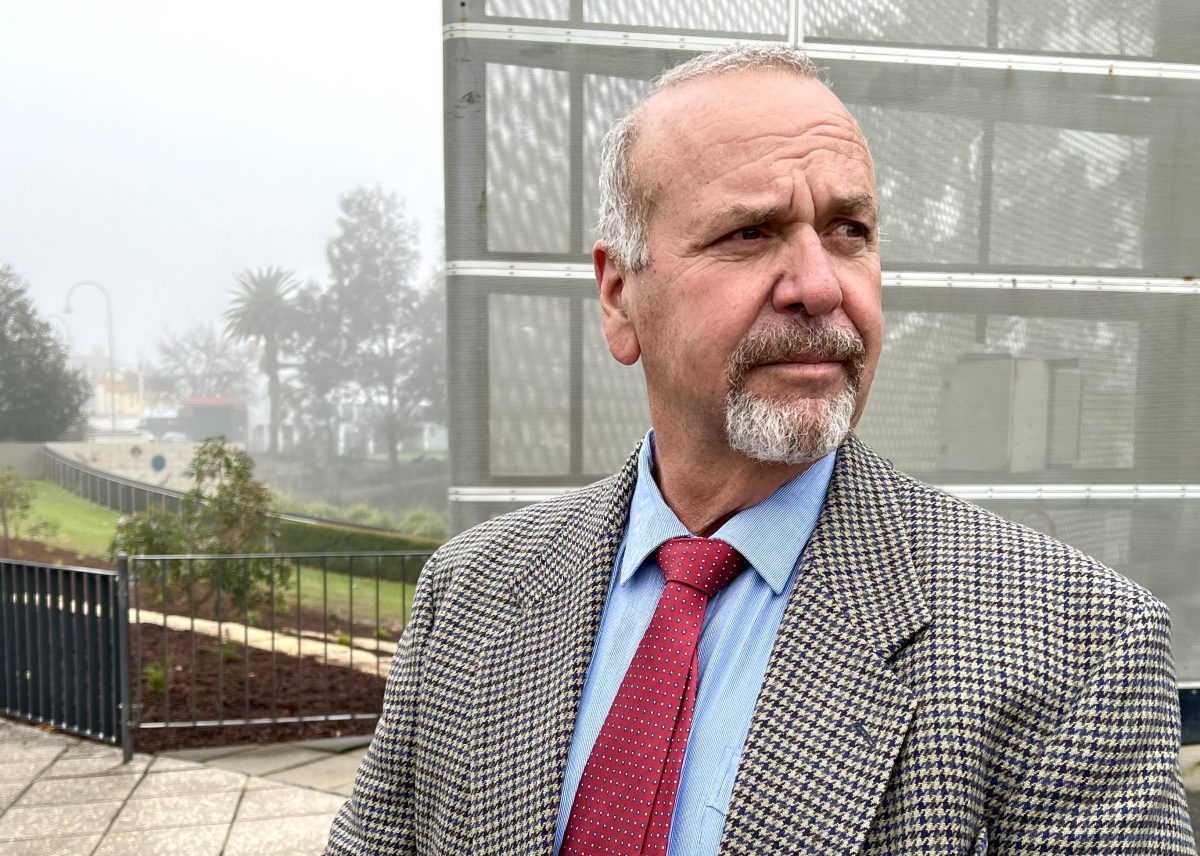
Wagga ‘No’ advocate Paul Funnell said it was important to properly represent both sides of the referendum argument. Photo: Chris Roe.
Local grazier and former CSIRO researcher Professor John Blackwell is another local who is a “firm No” when it comes to the referendum.
Having grown up in Rhodesia and Kenya, he said he had seen the damage that was done when politicians divided people on racial grounds.
“It doesn’t matter how you look at it, this is a segregation,” he said.
“You’re giving a particular mob, a particular voice, and nobody else has that voice.
“Everyone agrees that apartheid was abhorrent, and I think that this is just the thin edge of the wedge.”
Professor Blackwell argues that “tremendous representation” has already been achieved in federal politics where there are currently a record 11 Indigenous parliamentarians.
“There’s nothing stopping any person in Australia from standing for parliament,” he said.
“Any time there’s been a special piece of legislation for Aborigines, it’s never worked.
“I don’t know why, but that’s what we should be addressing.
“Address the disadvantage, address education, address health, but don’t give them an overall voice that would upset all attempts at legislation in this country.”
Mr Funnell agreed that there were too many unknowns surrounding the referendum and expressed concern that implementing the Uluru Statement From the Heart’s three-pronged mandate for “Voice, Treaty, Truth” could have long-term consequences.
“This Voice referendum is not about just making representation on behalf of those less fortunate in the Aboriginal community in our society,” he said.
“The architects of this Voice have made it clear, they’re actually stating, ‘We want the rent paid, we want reparations’.
“Myself, my children, and future generations are being asked to make atonement through reparations for something that, we not only didn’t commit, but something that’s not even affecting anyone to this day.
“I think [Senator] Jacinta Price summed it up quite well when she said ‘Canberra doesn’t need a voice. It needs a set of ears.'”
The ‘Vote No’ event will be held at the Wagga Civic Theatre on Tuesday evening 26 September.
The referendum will be held on 14 October and you can learn more about both perspectives here.







